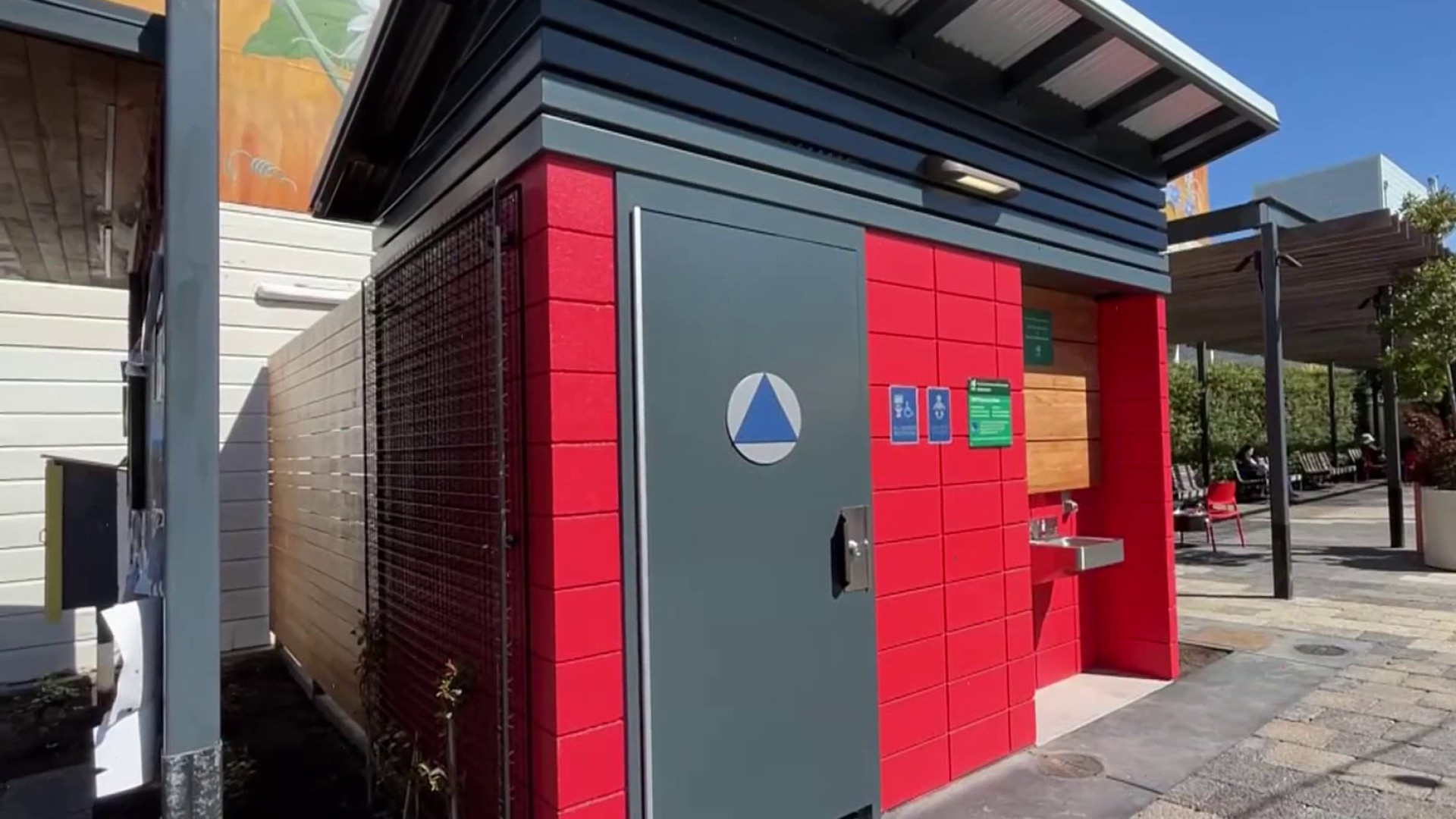While ordering my weekly supply of bagels and lox at my local kosher-style deli, Andrew, one of the managers with whom I am acquainted (we're fellow Met fans, God help us) asked me an odd question. He'd heard about the new iPad 2 and wanted to know if any of the other tablet PCs he had heard of were "better."
Over the next few weeks and months, the tech and mainstream media will try their best to answer that question. They'll make a big deal how this tablet is less or more expensive than iPad/iPad 2, how it's got better or worse this or that specs, more of this or that input jack, that it does X or Y better or worse, how the operating systems are easier or harder or more or less intuitive, etc.
This is all nonsense. You cannot compare the iPad to any other tablet.
Out of the box, a cellphone is immediately functional. You can make calls, you can send texts — you can communicate, a cell phone's prime function, without adding anything else, and you can continue to extract full value from your phone without ever adding a single app, game, photo or music track.
I occasionally ask Android phone users about the media — photos, music, video, et al — on their phone. A large percentage have imported none of these things. Why? Because they don't know how.
As I have frequently pointed out, Google still hasn't created a desktop client for Android. For cellphones, not as big a deal — Android phones can still be used as phones. But for tablets, this could be a fatal oversight.
What A Lovely Divan
Local
Unlike a cellphone, a tablet PC is like an empty room. You can sit down in it, stretch out on the floor, pace around, do calisthenics.
But the room won't become a fully fledged room until you put furniture in it, lights, carpets or rugs, wall hangings, a TV and a stereo system, maybe even a game system — NOW you can do stuff.
If you live in the middle of a desert, though, you'll have trouble finding all these furnishings, making the room less fun and functional and ultimately boring and useless. Likewise the tablet. Unlike an instantly functional cellphone which needs no further adornment, a tablet has no utility until it is furnished.
Android has left its tablet users in a desert. Users have no easy way of getting apps, their photos, music or their other personal fun stuff onto an Android tablet, making them less functional and less fun to use. Perhaps this is why Samsung's Galaxy Tabs had such a high return rate (which, to be fair, wasdisputed by Samsung).
Addressing The Mass Market
I'm not talking about you, dear DVICE reader. I assume most of you shaking your head as you read this are above-average geeks who know their way around Windows, know how to drag-and-drop, use Windows Media Player, or have the wherewithal to download doubleTwist as a desktop client.
But most users considering a tablet purchase aren't DVICE readers and lack all technical wherewithal. They're your parents and grandparents, baby boomers, those born into an earlier non-digital age who had trouble setting the time on their VCRs, which just continued to flash "12:00" until they bought a DVD player. Like their brains, they access only a tiny percentage of the functions of their gadgets' capabilities.
Mainstream buyers are who tablet makers have to attract, non-geeks who want simplicity, which is why Apple is so successful and why the need for iTunes is so critical to iPad's success. They go to WalMart or some other one-stop megastore for everything they need instead of schlepping around to multiple stores scattered around town. iTunes is the WalMart for tablets — an easy complete one-stop shop to furnish an iPad.
Until Google creates an iTunes-like desktop client, not only will Android tablets fail to successfully compete with iPad, but the two can't even be compared, regardless of their specifications. A completely furnished two-bedroom colonial will always be more livable than an empty mansion — and iPad is no two-bedroom colonial.
It's Business, Not Personal
Then there's the BlackBerry PlayBook, reportedly due April 10. I had a chance to get a hands-on with PlayBook earlier this week. Its buttons-free interface is clever — not better, just different than iPad's.
But, again, this is a false comparison. It doesn't matter if playbook's interface is more or less intuitive than iPad. PlayBook cannot be compared to iPad because few if anyone will walk into an electronics store to make that choice.
PlayBook is clearly designed for and will be marketed to the enterprise crowd — current BlackBerry clients. If your company uses BlackBerry email servers, you cannot use the PlayBook as an independent device for email and calendar functions — for logical security reasons, you have to "bridge" it via Bluetooth to your BlackBerry phone, which means you have to carry both devices with you. If you leave your BlackBerry at work or lose it, you're SOL — the PlayBook can't be used as a replacement.
A BlackBerry user not tied to a BlackBerry enterprise server might consider a PlayBook purchase. But I can't imagine why any non-BlackBerry owner would.
An Android phone user will gravitate either toward a Android tablet or an iPad, not to a smartphone OS he or she has already rejected for their phone (even though the BlackBerry PlayBook QNX OS bears little resemblance to the BlackBerry OS on the handsets). No Mac user would consider a PlayBook. And the LAST tablet a non-smartphone owner would consider is a BlackBerry, which they associate with business functionality.
Therefore, comparing the iPad to a PlayBook purely on specs and OS cleverness is useless since few consumers will be choosing between the two of them.
Apples to Non-Apples Comparisons
With its Zune desktop software, Windows Phone 7 tablets, if and when, may prove to be Apple's biggest competitor. But Microsoft's Zune software and Windows Phone 7 phones don't play well with Macs. iPads work wonderfully with Windows, which means a Windows user might consider either a Windows Phone 7 tablet, if and when, but no Mac PC owner can even consider a Windows Phone 7 tablet.
So you can't compare Android tablets to iPad's because there's no Android desktop client. You can't compare the BlackBerry PlayBook to iPad because they're each aimed at completely different installed technology markets. You can't compare Windows Phone 7 tablets, if and when, to iPads because they lack universal compatibility.
In other words, you can't compare iPad to any other tablets. Any such comparison is literally like comparing Apple to oranges.



